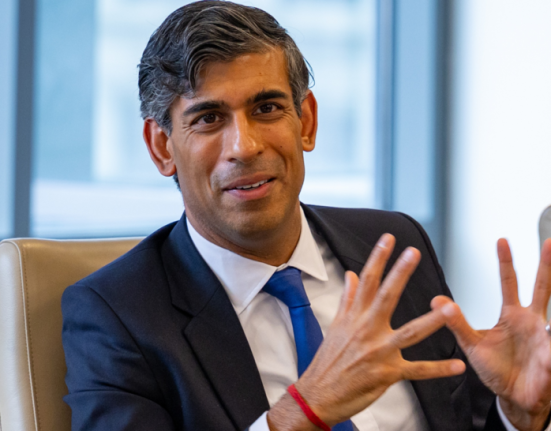Nineteen young lives lost. That is the grisly tally after Nepalese police opened fire on protesters in Kathmandu.
A week that began with a government ban on social media has spiralled into one of the most violent crackdowns in recent memory.
The decision to shut down platforms like Facebook and Instagram was justified as “regulation” – but the truth soon surfaced: the move followed an online exposé of politicians’ children flaunting their lavish lifestyles, while ordinary citizens struggle to get by.
Gen Z uprising
The protests have been branded a “Gen Z uprising” for good reason. These are not hardened militants – they are school pupils in uniform, students clutching flags, and young workers armed with nothing more than placards. Their rebellion is rooted in digital culture, but their fury is about something deeper: a generation abandoned by self-serving leaders.
Social media spark
Social media wasn’t just a communication tool – it was the platform that unmasked privilege. Pictures of politicians’ children drinking champagne in luxury resorts and driving imported cars enraged a country where poverty remains entrenched. Blocking these platforms was a clumsy attempt to halt the embarrassment, but it only confirmed suspicions that the government is more interested in hiding truths than fixing them.
Anger at corruption
Nepal’s people already live with a daily drumbeat of corruption – ranking 107th on Transparency International’s global index. But this latest scandal cut to the bone. Ordinary Nepalis watched their rulers’ children flaunt wealth that could never be explained by salaries or public service. The chant “shut down corruption, not social media” wasn’t just a slogan – it was an indictment.
Brutal state response
The government’s response has been catastrophic. Demonstrators stormed the gates of parliament. Reports emerged of houses belonging to senior politicians set ablaze. The finance minister was stripped in the street and thrown in a river and the former PM has his residence set alight with his wife in it.
Warning to governments
This is more than a Nepali crisis – it is a parable for any government tempted to use censorship as a shield. Young people everywhere are less forgiving, less patient, and less deferential than previous generations. They know corruption when they see it, and they will not quietly swallow injustice. Nepal’s leaders have gambled on repression, but they may have sparked a generational revolt that bullets cannot contain.







